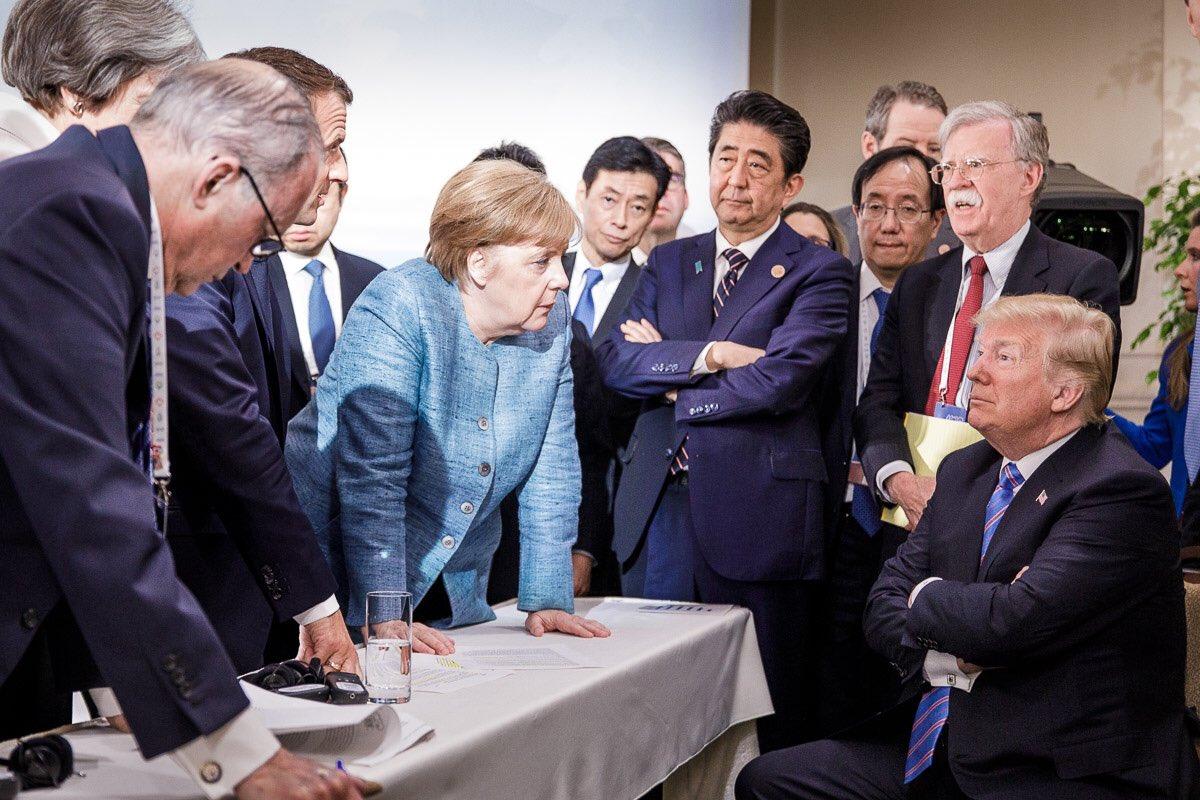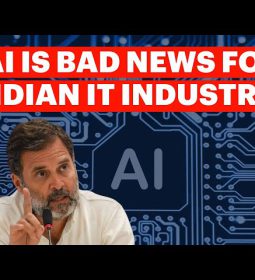EU firms ‘caught in crossfire’ of US-China trade war

EU firms ‘caught in crossfire’ of US-China trade war
ean firms are “caught in the crossfire” of the US-China trade war and fewer are optimistic about their future in the world’s second-largest economy, a business survey showed Monday. (AFP photo)
May 20, 2019 @ 1:20pm
BEIJING: European firms are “caught in the crossfire” of the US-China trade war and fewer are optimistic about their future in the world’s second-largest economy, a business survey showed Monday.
The clash between Beijing and Washington does not benefit European companies, contrary to what some might have hoped at the beginning of the dispute last year, according to the European Union Chamber of Commerce in China.
“Now the trade tensions are seen as another uncertainty on the business environment, something that won’t be sorted out quickly whether there is a deal or not,” said chamber vice president Charlotte Roule.
“The trade tensions, according to our members, are not good for business.”
According to the survey, the trade war is one of the top concerns for European firms in China (23 percent), after the Chinese economic slowdown (45 percent), the global economy (27 percent) and rising labour costs in China (23 percent).
The study, which received replies from 585 firms, was conducted in January, as trans-Pacific trade tensions eased.
They ratcheted up again in early May with the United States and China slapping steep increases in punitive customs tariffs on each other.
But early this year, a quarter of European companies in China said they were already suffering from the US increase in tariffs on Chinese products.
Many European companies manufacture products in China and export them all over the world.
A small number (six percent) have already relocated to circumvent the US penalties, or are planning to do so elsewhere in Asia or Europe.
But Europeans say they share many of the grievances raised by the Trump administration in its campaign against Beijing.
“The fundamental issues driving the trade war need to be resolved by addressing market access barriers and regulatory challenges while also tackling SOE reform and forced tech transfer,” Roule stressed.
Some 20 percent of the companies surveyed complained of being forced into technology transfers for the benefit of a Chinese partner, double the figure two years ago. For a quarter (24 percent), such transfers were currently under way.
This state of affairs was “not acceptable“, Roule said.
“The authorities are saying there are no technology transfers any more but this is not what we see in our survey,” she said.
More than half of the companies said legal protection of intellectual property was “inadequate“, and 45 percent say they suffer “unequal treatment” compared to their Chinese counterparts.
State firms and their subsidies are their main bone of contention.
The Europeans largely accuse these companies of enjoying preferential treatment, with 62 percent saying they have better access to public contracts.
And the outlook is getting gloomier: only 45 percent of the firms surveyed say they are optimistic about growth prospects for their sector over the next two years, compared to 62 percent a year ago.
Half do not expect to see a level playing field in the next five years or even beyond.
Fifty-three percent say business has become more difficult in the past year, up from 48 percent a year ago, with “ambiguous rules and regulations” topping of the list of obstacles cited by companies.
Difficulties with access to the internet, which is closely monitored and censored by the Communist government, is an unfavourable factor for 51 percent of respondents.
Despite the problems, China remains one of the top three global destinations for future investment by 62 percent of the surveyed companies, a slight increase from last year, while 56 percent plan to expand their business in the country this year. — AFP
- Previous Trump says tariffs making companies leave China, a deal can’t be ’50-50′
- Next Trump: War would mean ‘end of Iran’
















